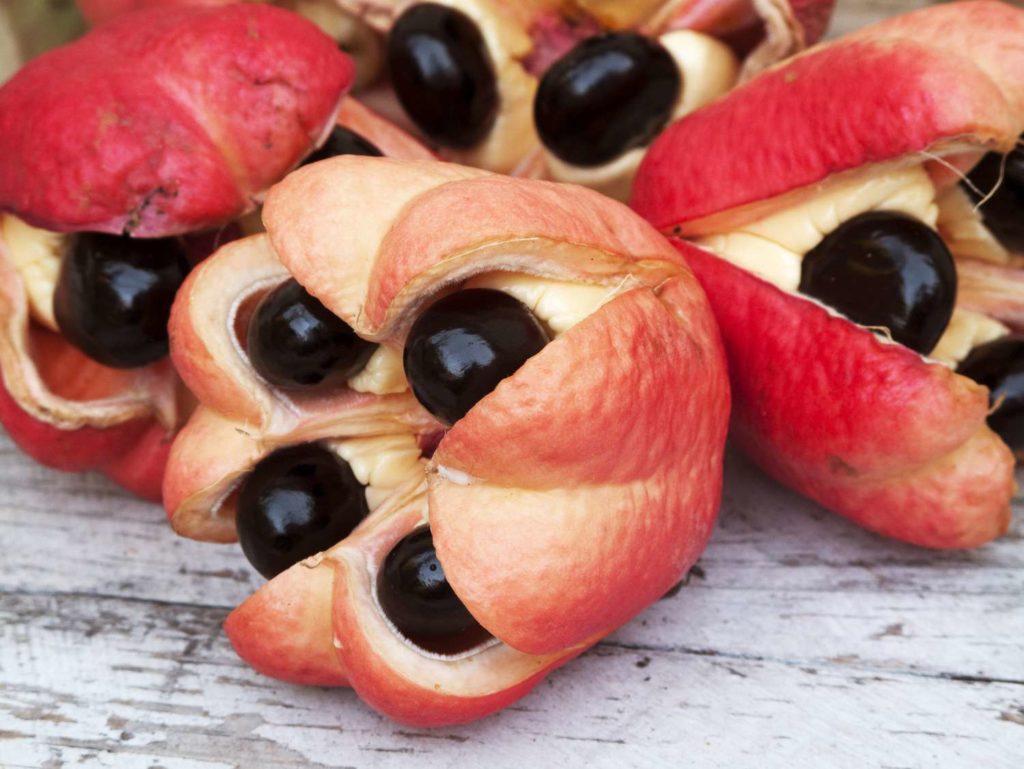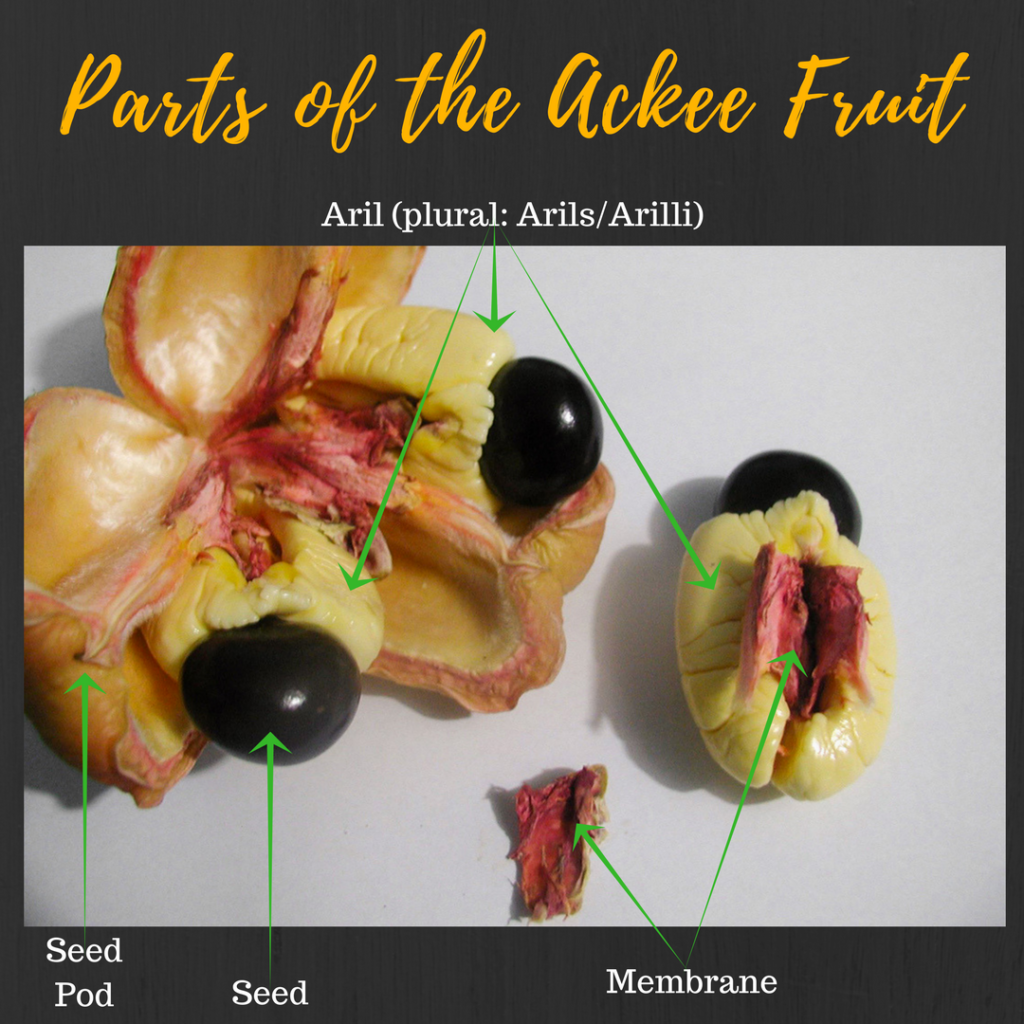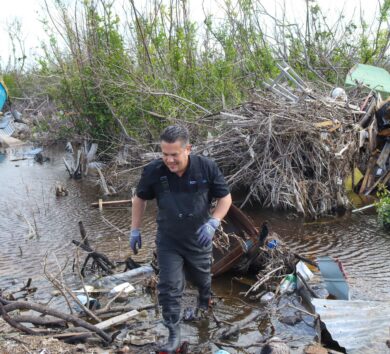

Recently, at least five cases of ackee poisoning have been reported in the rural parish of Manchester—reigniting an appeal for Jamaicans to handle the dish cautiously.
The national fruit—ackee, though delectable when prepared well—is known for its poisonous feature. Unripe Ackee is immensely dangerous and potentially fatal.
The Manchester Health Department has issued a cautionary notice to the public regarding the preparation and consumption of ackee fruit as one of the affected individuals later died, while the others received medical attention and were discharged.

According to the Ministry of Health and Wellness, there were 85 reported cases of ackee poisoning in Jamaica in 2020, with one fatality. This represents a slight decrease from the previous year, where there were 92 reported cases, including two fatalities. However, it is important to note that not all cases of ackee poisoning are reported, and the actual number of cases may be higher.
The symptoms of ackee poisoning usually appear within six hours to three days after consuming unripe ackee fruit and can include vomiting, diarrhoea, abdominal pain, dehydration, seizures, and even coma. In severe cases, persons develop irreversible brain damage and eventually die.
To prevent ackee poisoning, it is important only to consume fully ripe ackee fruit whose pods have opened naturally and been properly prepared. The Jamaican Government has established strict regulations for the export of ackee fruit, requiring it to be fully matured and to meet certain quality standards before it can be exported.

Proper preparation: The arils, ackee’s fleshy, edible parts, should be carefully cleaned to get rid of the membrane, which stores most of the toxin hypoglycin. Hypoglycin levels are significantly reduced when the pods change colour and open and the fruit is boiled for at least 20 minutes. The water used for scald ackee should be discarded, and the arils cooked again in freshwater.
Proper storage: Ackee fruits should be stored at room temperature until they are fully ripe. Once ripe, they should be refrigerated to prevent spoilage.
-Send your feedback to [email protected]







Comments